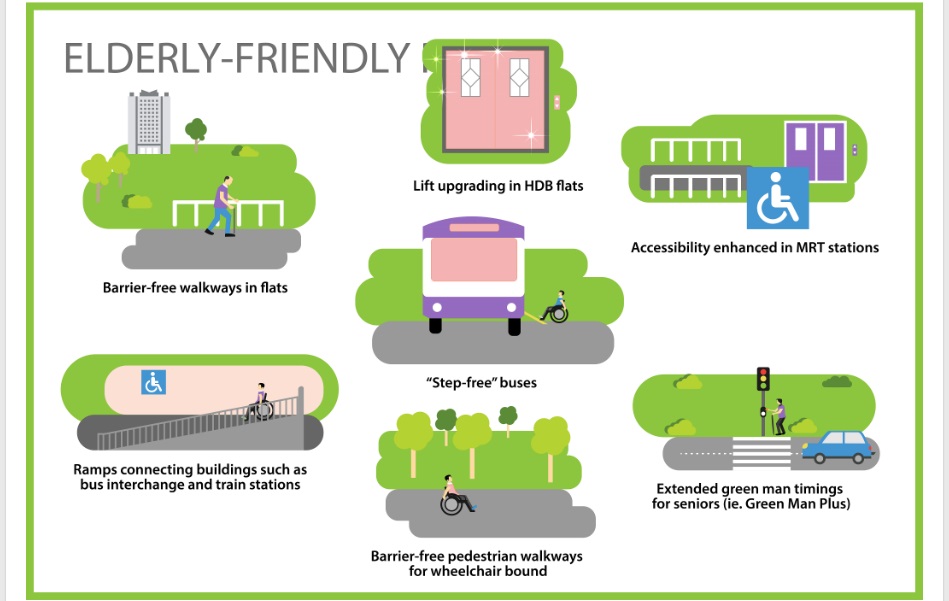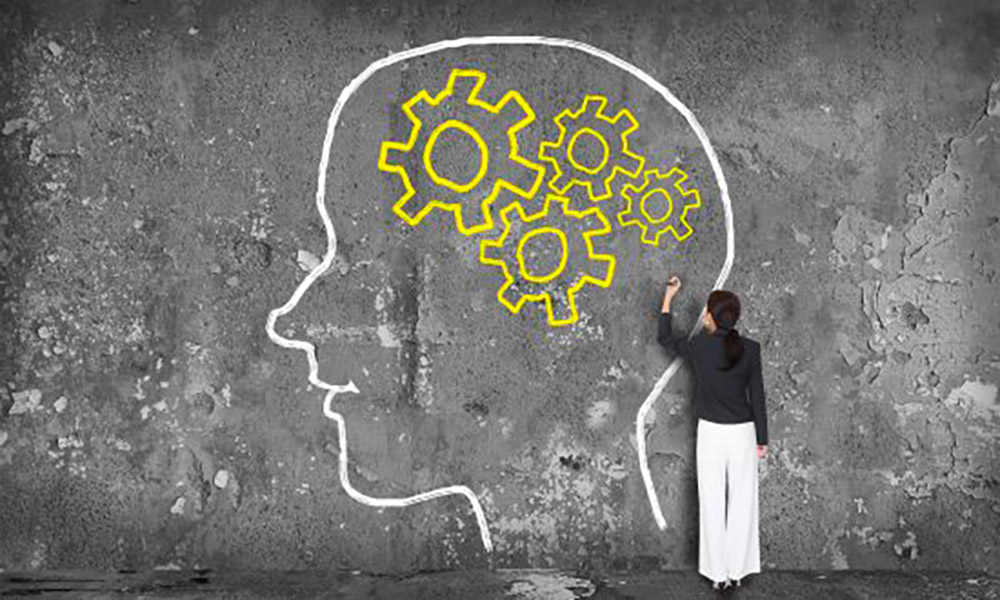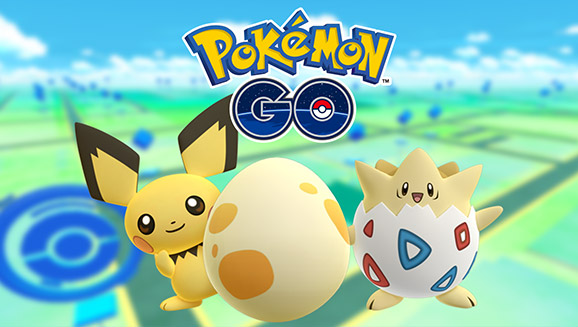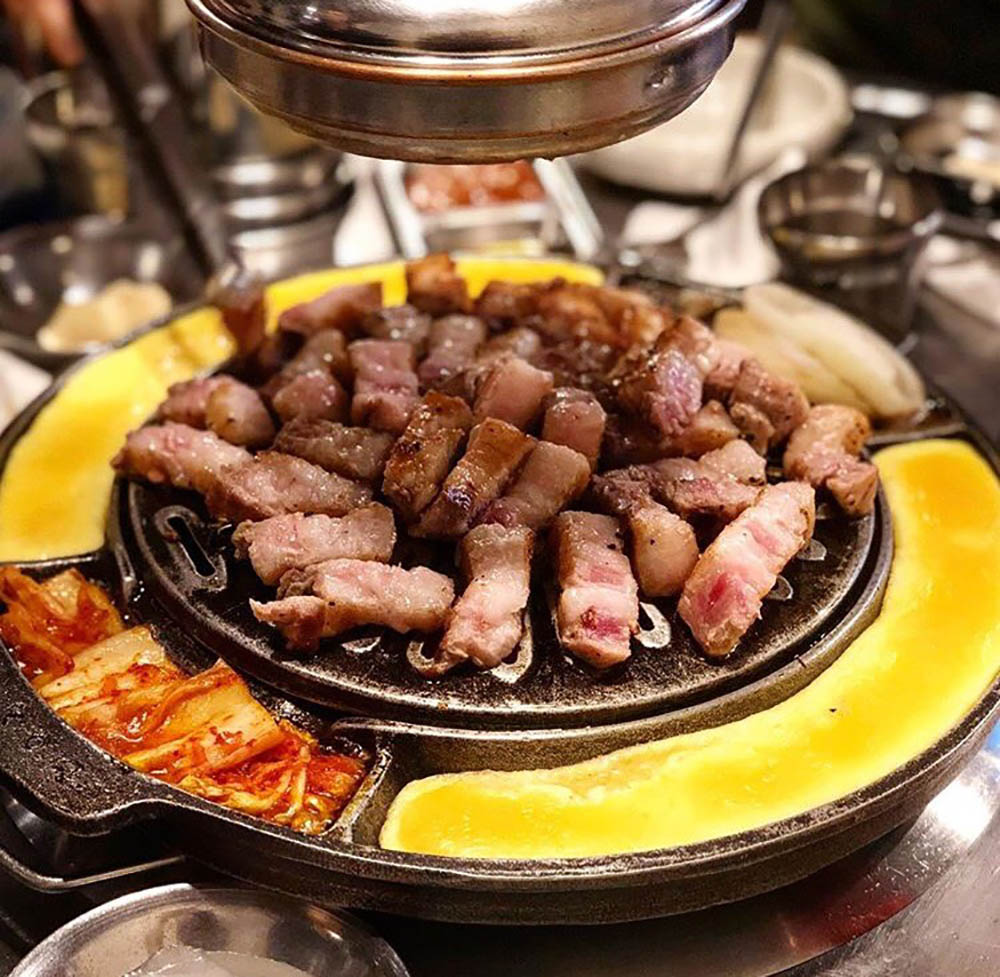By Joel Nguyen |
Nowadays, many countries are facing the impact of an ageing population. In Singapore, a quarter of the population will be 65 years and older by 2030. With more people ageing, providing good health and elderly care is a challenge. Thankfully, both designers and technologists are prompted to develop new products that target our greying population.
Silverline Mobile
Silverline Mobile, a company founded by Mr Daryl Arnold – a Singapore permanent resident – has been working on apps that help connect elders with their family members and caregivers. The apps have various features designed for the elderly.
For instance, they have the health monitoring feature which collects and analyses data of an elderly user and alerts his caregivers in case of any anomalies. In addition, it has a location tracker which tracks the elder’s current location and subsequently notifies his caregivers. The apps also provide one-click access to important contacts in case of an emergency.
In 2013, the company successfully raised more than S$70,000 through crowdsourcing to fund a project providing smartphones and elder caregiving apps to 150 elderly. The company has conducted pilot trials for their apps with the participation of households in Singapore, United States, and United Kingdom.
Silverline Mobile is scheduled to launch its products with Starhub this year.
Design for the Elderly
Designing caregiving products for the elderly is not as easy as it seems.
According to Mr Jeremy Sun, general manager and design director of Orcadesign Consultants, while wearable technology could solve the problem and young people welcome it, older people just do not see it as part of their lives.
“Just having the technology is not enough,” he said in an interview with the Straits Times, adding that “companies need to create solutions from the perspective of older people”.
DesignSingapore Council, an organisation of the Ministry of Communications and Information that helps develop Singapore’s design sector, has recently researched into how to design products with the involvement of seniors.
“We need to move away from ‘designing for’ and towards ‘designing with’ seniors,” said Mr Jeffrey Ho, executive director of DesignSingapore Council.
Japanís Raku Raku Smartphones
In Japan, Fujitsu’s Raku Raku smartphones, which target the elder population with elder-friendly apps and designs, have been enjoying rapid sales. In 2011, the company sold a cumulative 20 million units of the phones. In 2013, Fujitsu expanded the phone’s sale to markets in the US and Europe.
According to Mr Kim Walker, CEO of Singapore-based Silver Group, the success of Raku Raku smartphones is that “they [understand] the physiological needs of older people; they [understand] that the ability to filter out noise was critical, particularly if people are using phones in streets”.
“The critical learning from the Raku Raku phone was not that it was successful but that it was a failure that transformed itself and became successful,” he noted.
“Raku raku” means comfortable and easy. As its name suggests, Raku Raku is an age-friendly smartphone which is user-friendly and easy to navigate. The phone’s gist is the Easy Touch Panel – it has large phone buttons that require little strength to press down; a button which displays the user’s own phone number, just in case the elder forgets; and a one-touch dialing system.
Another core feature designed particularly for hard of hearing elderly is the standard noise cancellation techniques; on top of that, it will also slow down the voice on the other end for easy listening.
Smart Elderly Monitoring and Alert System (Semas)
Can Singapore brave the ‘silver tsunami’ with technology? It does seem possible with the piloting of the Smart Elderly Monitoring and Alert System (SEMAS) by the Housing Development Board (HDB).
Elders who live alone can be monitored under this scheme. The sensor system works when the elders get sick or fall down, or spend too long in the toilet as it is able to detect inactivity and variation from the elders’ usual routine. Any unusual inactivity or irregular pattern will trigger the system to alert their neighbours, family members or caregivers via alarm or SMS.
And in emergency situations, with the press of a panic button on the portable device, the elders can seek help from their caregivers.
Helping to ease caregiver worries, both the elders and their caregivers can have a peace of mind.
In November 2014, the HDB concluded the SEMAS trial in 12 rental flats in Woodlands, Yishun, Clementi and Marine Parade and will continue to investigate the feasibility of this system in future HDB flats. Residents who participated in this SEMAS trial welcome the implementation of the system.
















